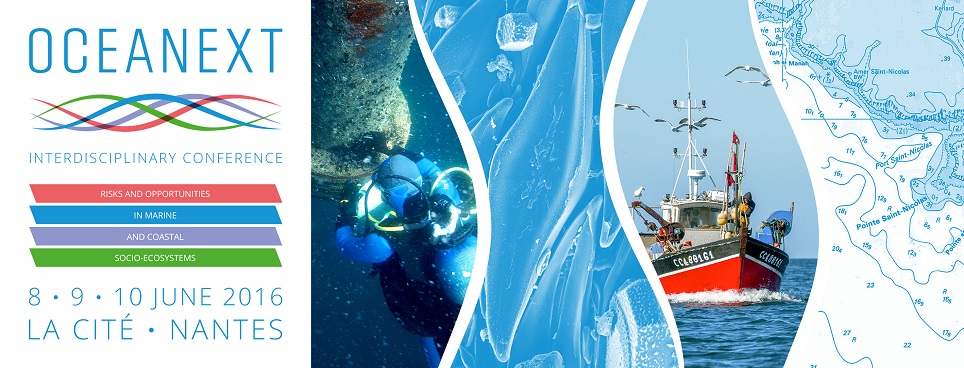There are many examples to illustrate the intervention of a politico-administrative authority to protect fish stocks threatened by overfishing (EU common fisheries policies for example). But what if the fishing professionals themselves set the objective to recover an overexploited stock, as it is the case for the spiny lobster (Latrouite Lazure and 2005)? The Red Lobster Reconquest Program (RLRP), launched in 2014 is its illustration.
Starting from a research-action approach focused on the Actor Network Theory (Callon 1986) and on the management of the "commons", professionals of spiny lobster fishing and sociologists who assist them have organized their action programs following two main hypotheses. On one side, it is the communities of lobster fishermen themselves, cause of and party of the weakening of the supply, are actors of their own resilience. On the other hand, tight networks in this professional sector are not only mobilized but also strengthened due to the emergence of a common aim i.e. the stock recovery and its sustainable use.
The program launched in 2014 is designed to unfold over several years on the French Atlantic coast at first but cooperation is already being developed with fisheries in the UK, Jersey, Ireland and Spain.
The presentation will report on the overall program based on participant observations of two sociologists as well as numerous thorough interviews conducted with various actors involved in the program (socio-technical network): fishermen and their representatives, scientists, wholesalers fish merchants, administration, elected representatives, NGOs ....

 PDF version
PDF version
